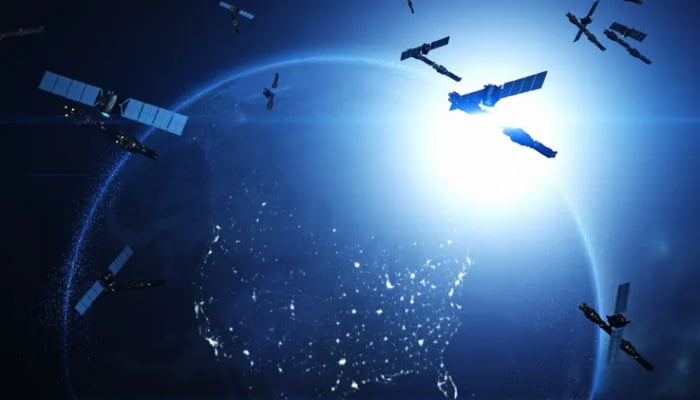
Starlink satellites of Elon Musk are ‘blinding’ the radio telescope and causing disruption to astronomical research, warned the Netherlands Institute for Radio Astronomy scientists in a new study.
According to BBC, the researchers in the Netherlands have raised concerns that the radio waves from the growing Starlink satellite network are blocking scientists' view into the universe.
The new generation of Starlink satellites that are aimed at providing fast internet is now disrupting the radio telescopes more than the earlier version.
The lead author of the study from ASTRON, Cees Bassa, said, “Our observations show that the second-generation Starlink satellites emit stronger emissions and do so over a larger range of radio frequencies, compared to the first-generation satellites.”
ASTRON found that the second generation, or V2, satellites interfere 32 times more than the first generation subtleties.
He noted, "Compared to the faintest astrophysical sources that we observe with LOFAR, UEMR from Starlink satellites is 10 million times brighter. This difference is similar to the faintest stars visible to the naked eye and the brightness of the full moon. Since SpaceX is launching about 40 second-generation Starlink satellites every week, this problem is becoming increasingly worse.”
Moreover, the director of ASTRON, Professor Jessica Dempsey, told the BBC that every time more of these satellites are launched, they see ‘less and less of the sky.’
Starlink or Musk has not yet commented on the research report.















